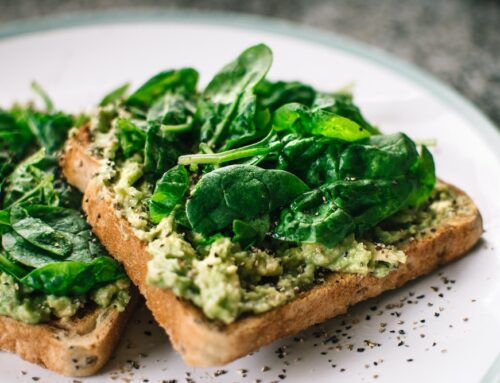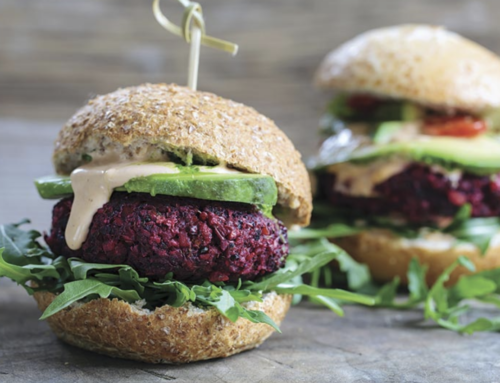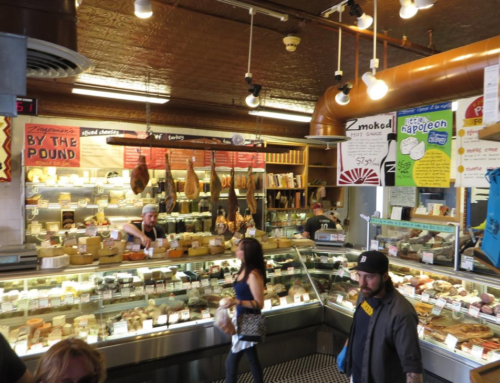By Josh Schipkowski – Owner Upstart Food Brands
There was a time when a lot of business-to-business food companies (manufacturers, ingredient suppliers, foodservice companies, etc.) were much more followers than leaders. Me-too brands wanted to provide safe, time-tested products to their customers because the tried-and-true meant (metaphorical) bread-and-butter, financially. Trying to forecast consumer trends was a risky proposition, especially at a time when the availability of research data and marketing insights were much harder (and more expensive) to come by. Because much of the competitive landscape followed suit, it was a simple business decision for many companies to maintain the status quo.
Consumer pressures, however, mounted. People wanted new flavors, ingredients, health benefits, and experiences, and retailers, foodservice operators, and restaurateurs sought greater innovation from their suppliers in response.
Savvy business leaders understood that by recognizing the demands of the end-consumer sooner, they could be better partners to their customers (and in many cases, charge a premium for the expertise). Companies began bolstering R&D departments, erecting innovation centers, and launching trend programs to identify culinary trends that could give them an advantage in this new and competitive environment.
This new paradigm was especially evident in the foodservice space, where an ingredient could contribute unique flavor, texture, color, or performance to significantly enhance the experience of the end-product for the consumer. If toasted coconut quickly starts trending, it’s important to recognize that at its inception, create a distinct product that features the flavor perfectly, and get it to market immediately (while, and even before, it’s trending), because it equates directly to sales.
The issue is that this has now become the new norm. Most B2B companies realize they need to be ahead of the curve on trends. Unfortunately, out-innovating the competition requires a commitment of significant resources. Internal teams and facilities are expensive to build and maintain. Small- and mid-size companies, in particular, have to be extremely nimble and efficient to stay relevant.
Increasingly, bringing in the right culinary consultant, who specializes in developing on-trend food ideas, is a tremendously effective way to get breakthrough ideas to market fast. Companies like Follese Culinary Consulting, that are equipped to offer both data-driven and creative solutions designed to meet now and next consumer demands, are an invaluable resource that can be as effective in supplementing a great team as they can be at handling product R&D from concept to launch. Giving your customers what their customers want is smart business, and a necessity in today’s competitive environment. Contact Follese Culinary Consulting today to see how they can help you disrupt your market and stay ahead of the competition.




